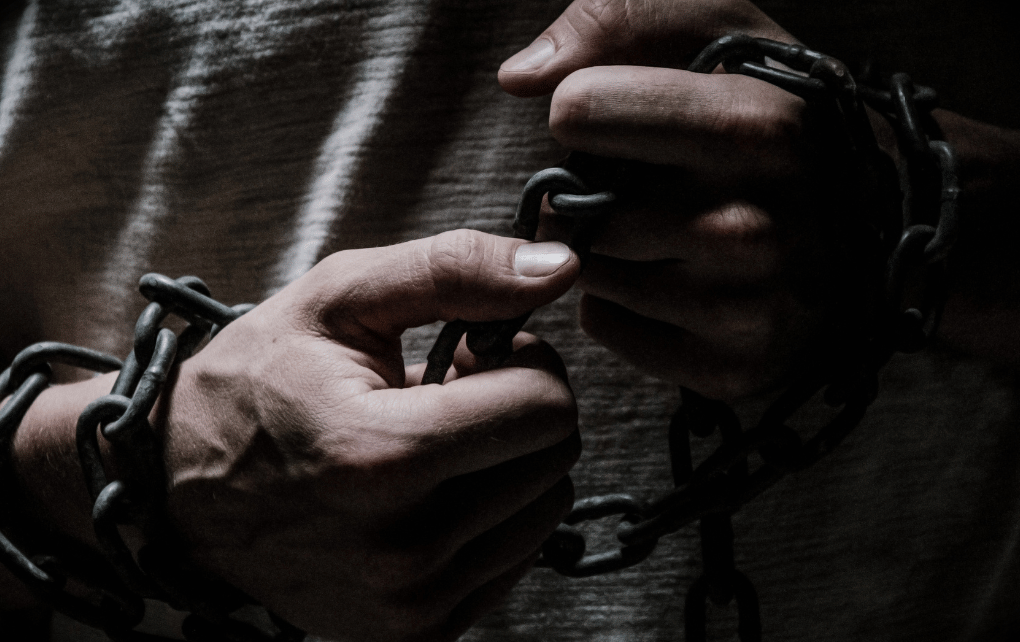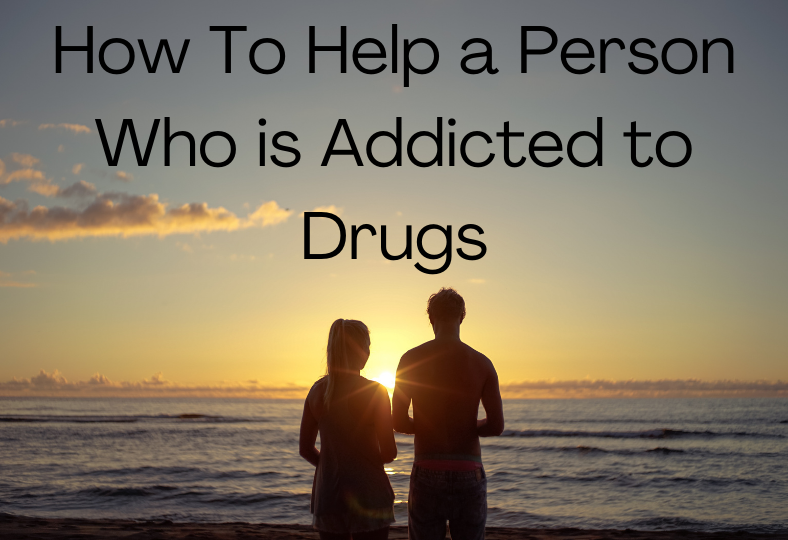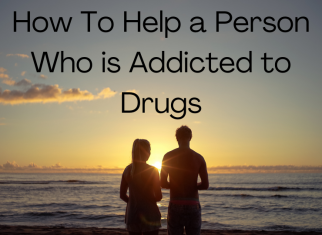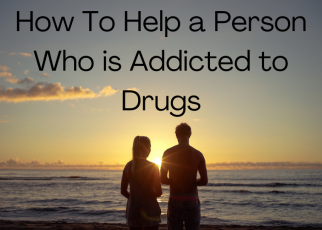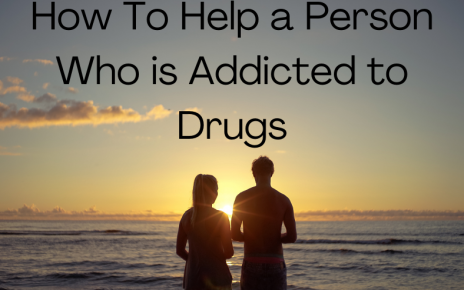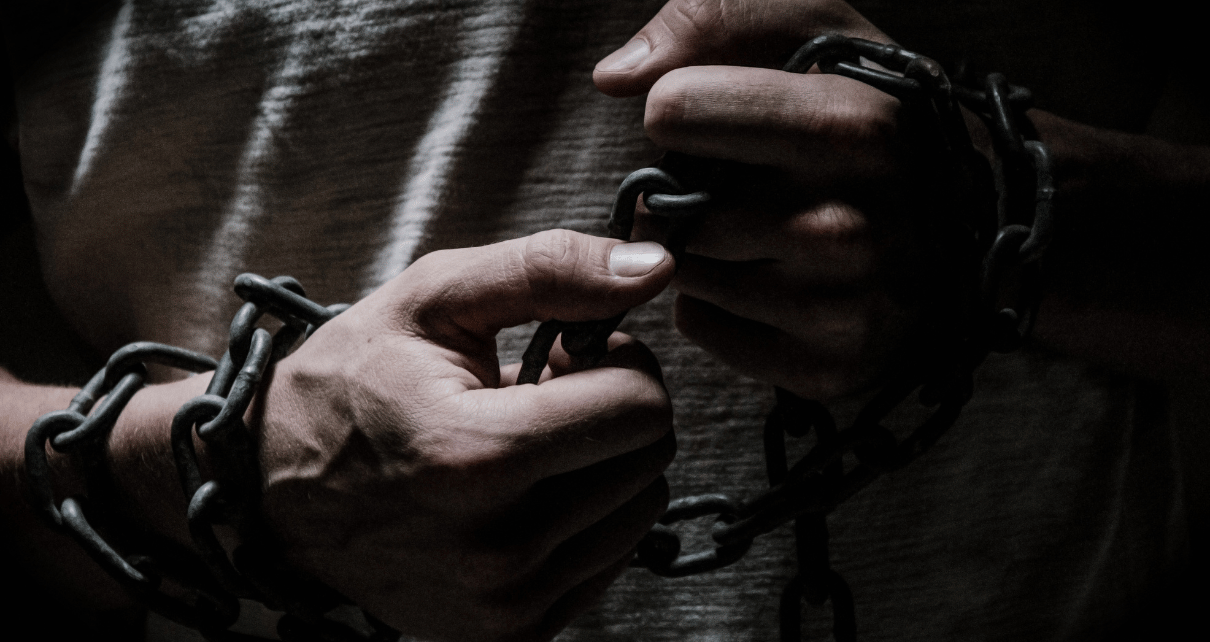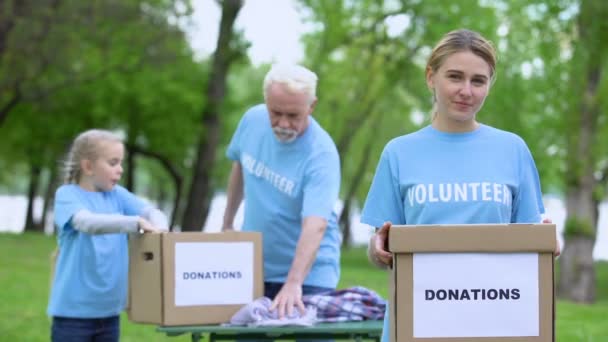There are various addiction treatment methods available. The best approach will depend on the individual’s specific needs and circumstances.
However, there are some forms of treatment that are proven most effective. Here, we’ll take a look at some of the best addiction treatment options available.
Cognitive Behavioral Therapy
Cognitive Behavioral Therapy (CBT) is a type of psychotherapy that focuses on the relationship between thoughts, emotions, and behaviors. It is a goal-oriented, time-limited therapy that has been shown to be effective for a wide range of mental health conditions, including anxiety disorders, depression, post-traumatic stress disorder (PTSD), and substance use disorders.
The underlying principle of CBT is that our thoughts, emotions, and behaviors are all interconnected, and that by changing the way we think and behave, we can also change our emotions and improve our mental health.
CBT is based on the idea that negative thoughts and beliefs can contribute to mental health problems, and that by identifying and challenging these negative thoughts, we can change our patterns of behavior and improve our mental health.
In CBT, the therapist works collaboratively with the client to identify negative thought patterns and behaviors that are contributing to their mental health problems. Together, they develop strategies to challenge and change these negative patterns, such as using thought records to track and analyze negative thoughts or engaging in exposure therapy to confront and overcome fears.
CBT is a structured and time-limited therapy that typically involves a set number of sessions, usually between 12 and 20, depending on the client’s needs and goals. The therapist and client work together to identify specific goals for therapy and track progress toward those goals.
Overall, CBT is an effective and evidence-based therapy that can be a great option for individuals struggling with a wide range of mental health conditions. It is typically short-term, focused on the present, and emphasizes active participation and collaboration between the therapist and client.
12-step programs
12-Step programs are a type of mutual support group that provides a structured program of recovery for individuals struggling with addiction. The most well-known 12-Step programs are Alcoholics Anonymous (AA) and Narcotics Anonymous (NA), but there are also 12-Step programs for other types of addiction, such as Gamblers Anonymous (GA) and Overeaters Anonymous (OA).
The 12-Step program is based on a set of guiding principles that emphasize acceptance, surrender, and personal responsibility. The program provides individuals with a framework for recovery that involves admitting powerlessness over addiction, turning to a higher power for support, and making amends for past mistakes.
In 12-Step programs, individuals attend regular meetings, typically on a weekly basis, where they share their experiences with others who have struggled with addiction. Meetings may be open to anyone who wants to attend, or they may be closed to individuals who are not struggling with addiction themselves. In addition to meetings, 12-Step programs also provide individuals with a sponsor, who is a more experienced member of the program who can offer guidance and support.
While 12-Step programs do not involve professional therapy or counseling, they can be a powerful tool for individuals struggling with addiction. The program provides individuals with a sense of community, support, and accountability that can be a valuable source of motivation and inspiration for those seeking to overcome addiction. Additionally, the program’s emphasis on personal responsibility and spiritual health can provide a sense of purpose and meaning that can be an important part of the recovery process.
It’s important to note that 12-Step programs may not be the best fit for everyone, and there are other effective treatment options available. However, for those who are looking for a structured program of recovery that emphasizes spirituality, personal responsibility, and community support, a 12-Step program may be a valuable resource.
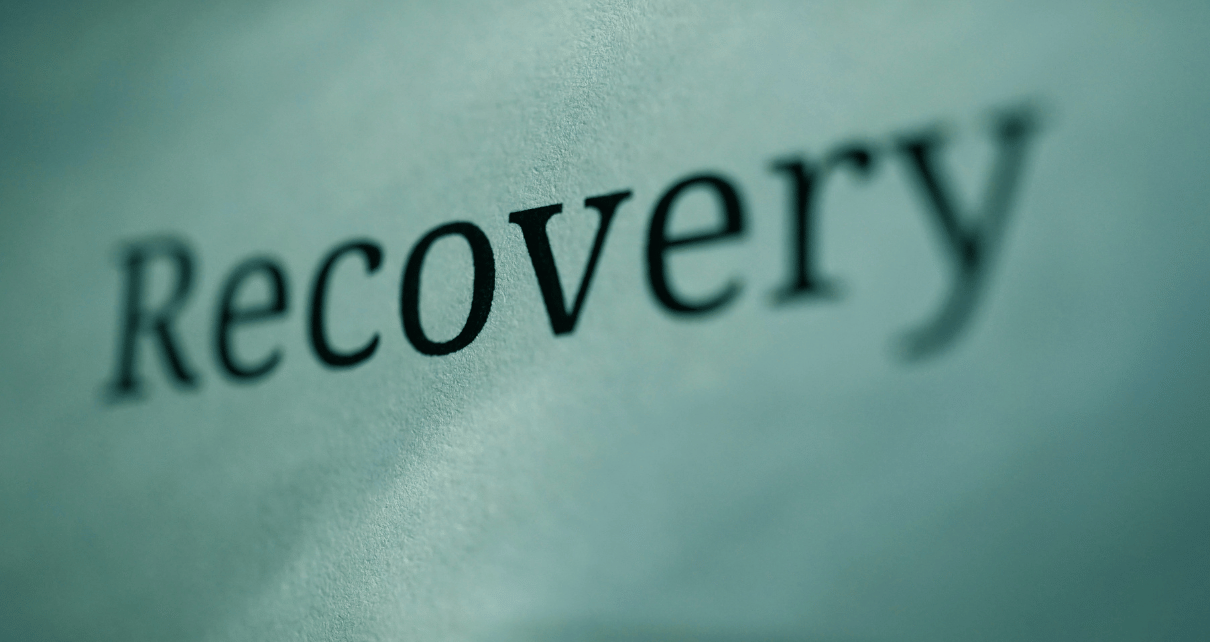
SMART Recovery
SMART Recovery is another effective addiction treatment method that can be particularly helpful for those who prefer a non-12 step approach. SMART Recovery (Self-Management and Recovery Training) is a science-based program that uses techniques from cognitive-behavioral therapy, motivational interviewing, and rational emotive behavior therapy to help individuals overcome addiction.
The program provides individuals with tools and skills to manage urges and cravings, identify and change negative thought patterns and behaviors, and develop a balanced and healthy lifestyle. It also emphasizes self-empowerment and self-reliance, helping individuals to take responsibility for their own recovery.
Like other addiction treatment methods, SMART Recovery can be used alone or in combination with other treatments, such as medication-assisted treatment or individual therapy. It is also available in both in-person and online formats, making it accessible to individuals who may not have access to traditional addiction treatment programs.
Medical-assisted treatment
Medication-Assisted Treatment (MAT) is a type of addiction treatment that uses medication, in combination with counseling and behavioral therapies, to help individuals overcome substance use disorders. MAT has been shown to be effective for opioid and alcohol use disorders, and is often used in conjunction with other types of addiction treatment, such as individual therapy, support groups, and lifestyle changes.
MAT involves the use of medications that help to reduce cravings, prevent withdrawal symptoms, and block the effects of drugs or alcohol. For opioid use disorder, the most commonly used medications are methadone, buprenorphine, and naltrexone.
Methadone and buprenorphine are opioid agonists, which means that they activate the same receptors in the brain as opioids, but in a less intense way, reducing cravings and withdrawal symptoms. Naltrexone is an opioid antagonist, which means that it blocks the effects of opioids and can prevent relapse.
For alcohol use disorder, the most commonly used medication is acamprosate, which helps to reduce cravings and restore balance to the brain’s chemistry. Naltrexone can also be used for alcohol use disorder, as it can reduce the pleasurable effects of alcohol and help to prevent relapse.
MAT is typically used in conjunction with counseling and behavioral therapies, such as cognitive-behavioral therapy, to address the psychological and behavioral aspects of addiction. The medication is used to stabilize the individual and reduce cravings, while therapy helps to address underlying issues and develop strategies for maintaining sobriety.
Overall, MAT is an effective and evidence-based approach to addiction treatment that can be a valuable resource for individuals struggling with substance use disorders.
It is important to note, however, that MAT is not a one-size-fits-all approach, and the choice of medication and treatment plan should be tailored to the individual’s needs and goals. It is also important to work with a qualified healthcare provider who is experienced in MAT to ensure that the medication is used safely and effectively.
Conclusion
It’s important to note that a combination of these approaches may be the most effective for many individuals. The best addiction treatment approach will depend on the individual’s specific needs and circumstances. If you or someone you know is suffering with drug or alcohol abuse, seek the guidance of a qualified healthcare professional to determine the best treatment plan.


